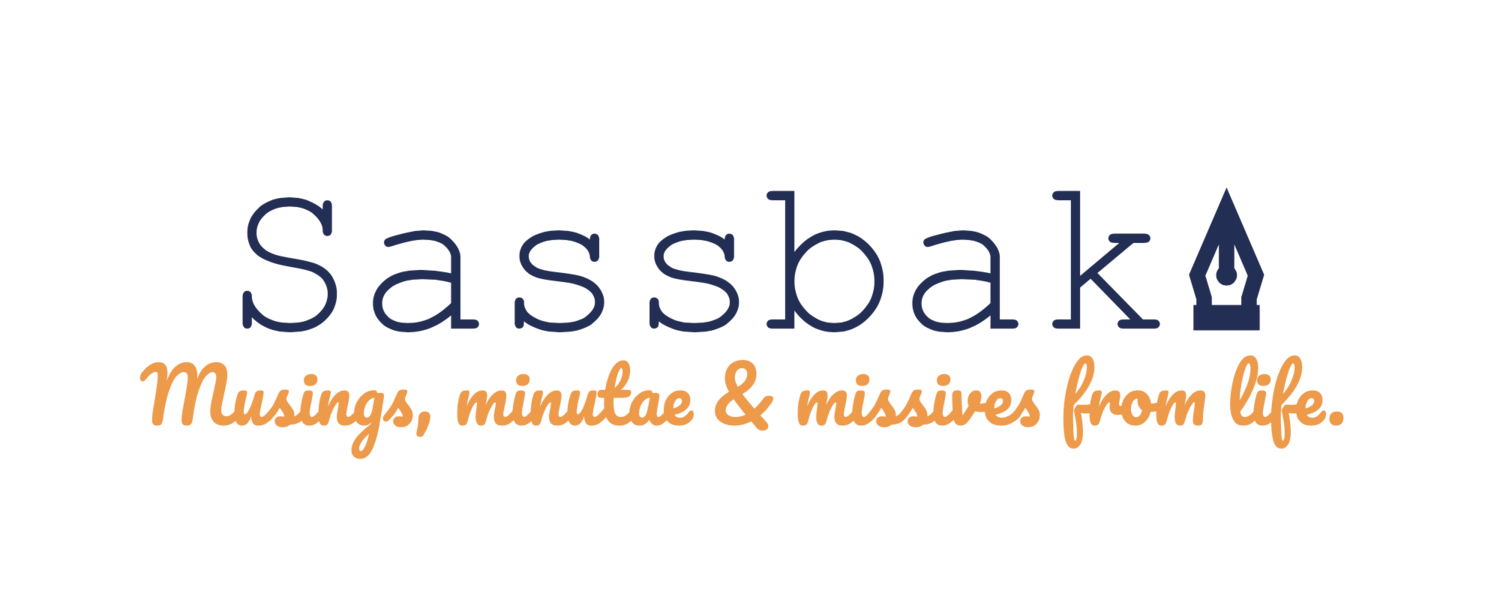Brainstorming and the Cult of the Big Idea
Brainstorming. It’s a compelling word, isn’t it? I picture an endless expanse of roiling silver stormclouds behind an intensely focused pair of eyes, shot through with lightning bolts and unicorns. Some dramatic orchestral music. Sparks jump in the pupils as ideas leap forth, flowing like lava from this cerebral maelstrom, borne forth into the world to change the game. Or even perhaps to break the mold.
Or not.
There's a trend I've noticed in the ad agencies I've worked in, where someone (usually someone who is not part of the creative department), schedules group brainstorms whenever they want “big ideas.” The elusive Big Idea is the bread and butter of the advertising creative. It’s what will turn an average career into a gold-plated elevator destined for Cannes and indulgent commercial shoots with B-list celebrities. But the Big Idea is no bullshit. It’s not only what makes creatives, it’s what makes agencies—it attracts big clients with deep pockets, it attracts the best talent (other Big Idea havers and doers). A Big Idea can tap into the hearts and/or minds of an audience to help a brand or a product live or die.
So, obviously, everyone wants the Big Idea. And a lot of people have decided group brainstorms are the way to get it.
People treat group brainstorming sessions like a lever they can pull for on-demand shots of creative genius. But for me they don't inspire creativity—they spawn a half dozen different anxieties. As soon as I sit down in these meetings and am told “The sky’s the limit! No bad ideas! Let’s think bold!” my brain goes blinding-white blank. It’s like the roving free-range ideas that graze in my mind all day immediately scatter as soon as I turn the bright light of need upon them.
Furthermore, group brainstorms are obnoxious throwbacks to enforced middle-school group activities. There are markers and pasteboard. There are colored stickers. There are free-association exercises. There are rules. Don’t say “but,” say “and.” Energized listening only. No evaluating ideas, only more ideas. No devices. No note-taking, only talking. Never mind if, like me, your best thinking is done through writing; or you believe in the importance of pressure-testing an idea before committing to it; or when your thoughts wander is when your ideas come scurrying to you; or a quick trip to a top Google search result or the thesaurus helps transform a diaphanous notion into actionable idea. Nope, group brainstorms are about intense, unwavering focus, following rules, and lots of talking. Personally, I’m bad at all of this.
The people who thrive in group brainstorming sessions feed off the ideas of others; they enjoy wading into the fray. They are by nature boisterous and loud. They have commanding personalities that can drive the conversation this way and that. In a word, they are extroverts. This leaves introverts, of which there are many, to wonder how we’ll ever succeed if our reticence in such brainstorms means we’re perceived as useless hacks with nothing to contribute.
The clusterfuck of a group brainstorm is not “collaboration,” it’s ensuring that a certain personality set is more visible, regardless of the quality of their contributions. It means that those of us who think better on our own, or with a single partner, are relegated to the edges of projects in endless supporting roles, rarely being truly heard. Most importantly, it often results in ideas that are only good in the vacuum of the conference room in which they were hatched and the carefully curated client-facing PowerPoint deck in which they are presented.
The ideas that result from group brainstorms lack the delicious frisson of an idea that comes to you under less structured circumstance. Furthermore, these ideas born by a collective of nominally invested individuals are deprived of the dedicated ownership that will help usher them to greatness. A so-called Big Idea cobbled together by a committee will be more likely to swan dive into obscurity than the idea hatched by two half-drunk creatives over a late lunch on a Tuesday afternoon.
There’s an aphorism that you hear in every advertising agency ever: Good ideas can come from anywhere. I’d like to amend that to: Good ideas can come from anywhere, with the likely exception of enforced group brainstorming sessions—unless of course cocktails are provided at said session, in which case, sure, maybe a good idea might happen, but probably not. Okay, it’s not pithy, but it is, in my experience accurate.
